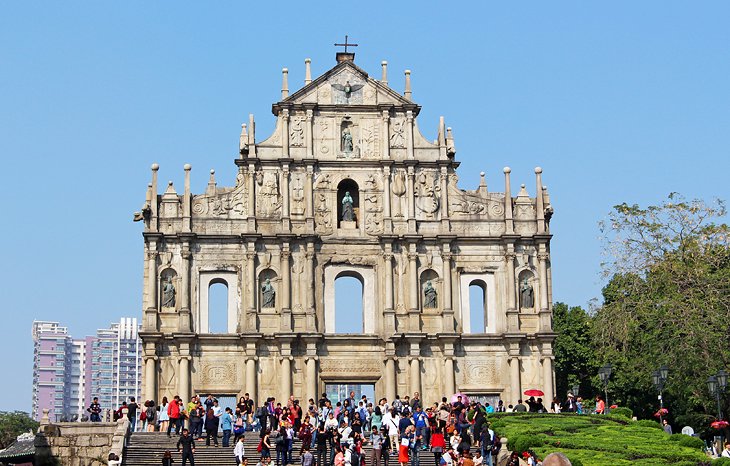The amendments to Macau’s gaming law reduce regulatory uncertainties and are therefore a credit positive for the listed gaming operators, Moody’s said in a note.
The bill takes away concern that substantially tighter restrictions will be imposed, including restrictions on the ability to distribute dividends. This would have reduced the financial flexibility of companies that rely on subsidiary dividends to service debt and interest payments, it said.
The decision to forces all casinos to be within an asset owned by a license holder may have an impact on SJM Holdings, however, the risk is lower since the opening of the Grand Lisboa Palace on Cotai last year. Moody’s calculates that SJM generated between 10 and 15 percent of its EBITDA from satellite casinos in 2018-2019, but that is expected to decline to just 5 percent in 2023 as Cotai ramps up.
“We continue to expect Macau’s six gaming operators to renew their concessions,” it said. “Non-renewal of any of the concessions would pose financial risk to government finances and economic stability in Macau because of the significant amount of employment it generates,” the note read.
Despite the greater regulatory clarity, Moody’s said it expect the operating performance of the companies to remain sluggish due to ongoing Covid travel restrictions.
It doesn’t expect a substantial recovery in the mass market until 2023, while VIP will remain lower as the new bill restricts the sector even further.
The gaming law bill sets the maximum number of concessions at six and imposes a 10-year term on the licenses. Concessionaires will be subjected to an interim performance review every three years, while Macau’s chief executive has the ability to cancel the license for reasons linked to threats to national security.
While the laws have been welcomed as generally more benign than had been initially feared when the draft consultation paper was published in September, there were surprise additions in the actual law that have raised some red flags.
The operators will have the number of tables and machines capped at a level to be decided by the government, which will also set a minimum level of gross gambling revenue to be generated. If there is a shortfall, the operators will need to pay the premium to the government. If the shortfall lasts for two years, the government has the right to take the table or machine allocation away.
There are also requirements for additional capital to be held and for the companies to have enough cash, or short-term credit on hand, to cover unredeemed chips.
Junket promoters are only able to work with one operator, which some say will lead to logistical challenges, while revenue sharing has also been banned. This affects both the junket promoters and the management companies of U.S. casinos.
Moody’s rates the Macau operators as follows: Las Vegas Sands Corp. (Baa3 negative), Melco Resorts Finance Limited (Ba3 negative), MGM Resorts International (Ba3 negative), SJM Holdings Limited (Ba1 on review for downgrade), and Wynn Resorts Finance, LLC (B1 negative).











